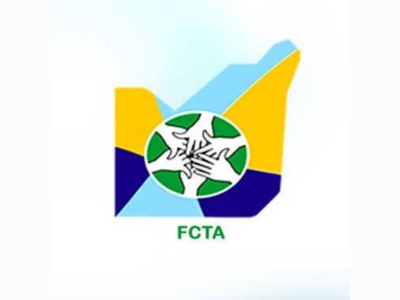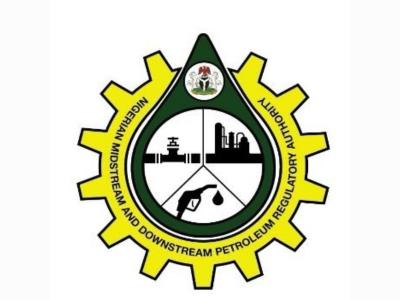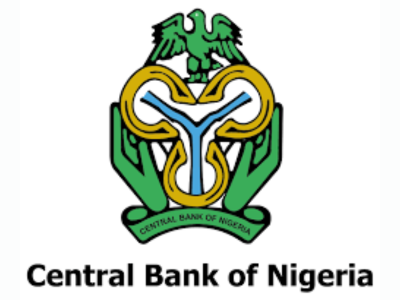Nigeria Considers NNPC Asset Restructuring to Boost Oil Output
- by Editor.
- Nov 10, 2025

Credit:
The Nigerian Presidency is weighing a sweeping overhaul of asset ownership within the Nigerian National Petroleum Company Limited (NNPC Ltd.) in a bid to revitalize oil production and achieve the country’s long-standing target of three million barrels per day.
The proposal was disclosed by Special Adviser to the President on Energy, Olu Verheijen, during her keynote address at the Nigerian Association of Petroleum Explorationists (NAPE) Conference in Lagos.
Verheijen outlined a strategic reform agenda for the oil and gas sector, raising concerns about the capacity of NNPC Exploration & Production Ltd. (NEPL) to independently drive growth. NEPL currently produces just 220,000 barrels per day—less than 10% of Nigeria’s total output. “Can NEPL fund and execute the drilling campaigns needed to boost that figure on its own balance sheet?” she asked, noting that joint venture partners are no longer able to subsidize the state-owned entity as they did during the era of international oil companies’ dominance in onshore operations.
“If not, we must have the courage to restructure asset ownership and invite credible operators with technical capacity, financial depth, and governance discipline,” Verheijen stated, advocating for performance-based stewardship over sentiment. Her reform framework, dubbed the “four R’s”—reserves, revenues, reliability, and responsibility—serves as the benchmark for evaluating sector progress.
On reserves, Verheijen emphasized the urgency of rebuilding exploration opportunities. “Exploration is risky, but clarity discounts the price. Since 2023, under President Tinubu’s leadership, Nigeria has restored that clarity—we must act faster to attract investment before the world moves on,” she said.
She highlighted recent progress, including over $8 billion in final investment decisions across projects such as Ubeta, Bonga North, and HI, with an additional $20 billion in the pipeline. “These aren’t signatures—they’re shovels in the ground,” Verheijen said, stressing the importance of domestic value creation through gas-to-power initiatives, LPG/CNG transitions, petrochemical development, and refining capacity to reduce import dependence and position Nigeria as West Africa’s energy hub.
NNPC Chairman Ahmadu Kida echoed the reformist tone, stating, “Our motto is to partner with everyone and be Nigeria’s company of choice. In five years, we aim to be Africa’s uncontestable energy company—one Nigerians are proud of, where the logo reflects their shareholding.”
The restructuring push aligns with broader economic reforms under President Tinubu, as Nigeria’s current output stands at 1.7 million barrels per day. Verheijen cautioned, however, that autonomy must not equate to stagnation. “Our journey to three million barrels hinges on firms like Renaissance, Oando, Seplat, and Aiteo scaling greenfield developments like Shell’s Forcados,” she said.
As Nigeria targets a $1 trillion economy, the proposed changes signal a shift from export dependency to domestic value retention, though challenges such as joint venture imbalances remain.













0 Comment(s)